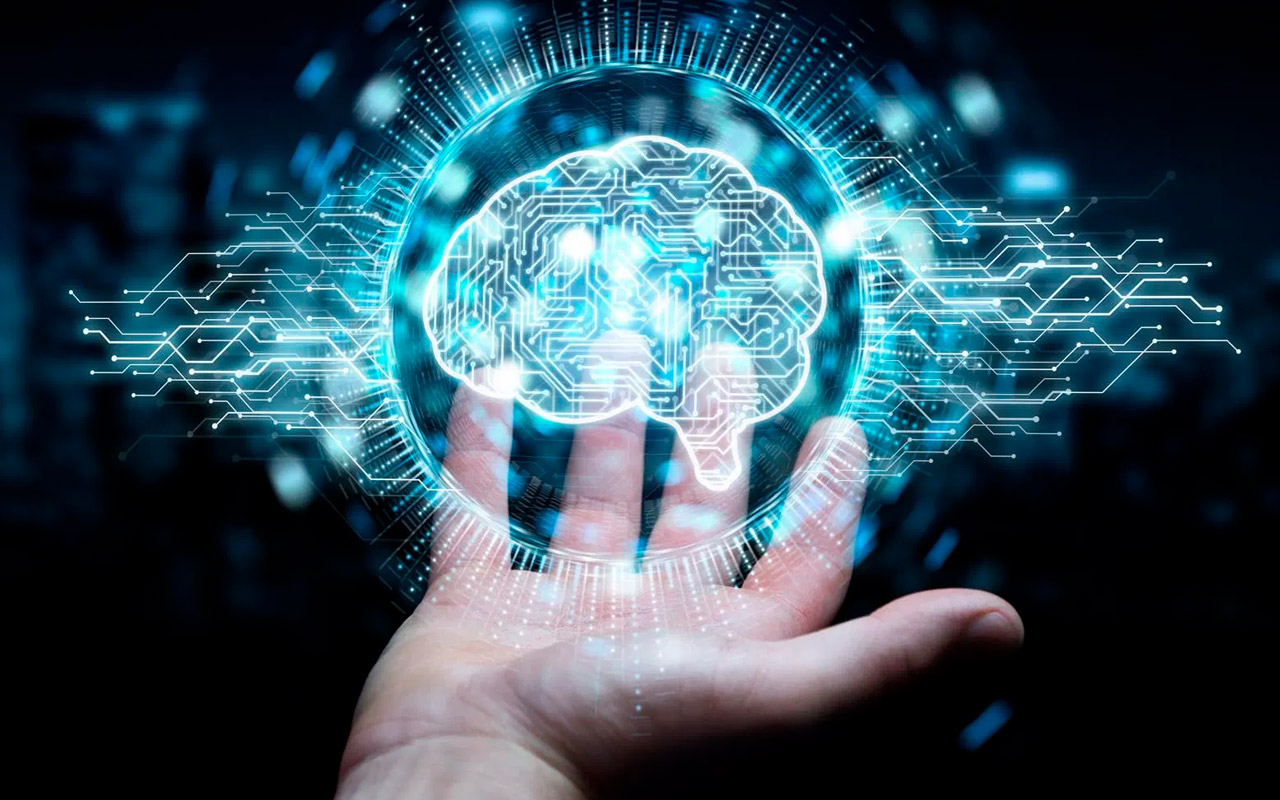We live in a fast-moving world, surrounded by technology that helps us make our lives easier. However, that is not everything, to survive in a digital world you have to excel and know how to take advantage of these technologies.
When I wake up, Siri’s artificial intelligence is the first to say good morning to me; I press a button and the blinds in the room are raised slowly and deliberately. I go to the refrigerator and I get an alert on my cell phone that tells me that I must fill the coffee reserve as soon as possible.
As I walk to the dining room for breakfast, I come across that thing that, although I don’t quite like it, the “roomba” saves me a lot of time and that is how I turn on the robot so that it begins its task of vacuuming all over the place. 12 notifications arrive to me Smart band, the report of the steps that took to the moment and 73 WhatsApp messages later, I sip my coffee cup, my gaze is lost in the hypnotic sway of the robot as I remember the words From the first Terminator movie from 1984:
“The machines rose from the ashes of nuclear fire. Their war to exterminate humanity had lasted for decades. But the final battle would not be fought in the future. It would be fought here, in our present. Tonight…”
In a less apocalyptic reality in which I do not use Skynet (1) as the maximum reference for artificial intelligence, the benefits that AI gives us when combined with data and machine learning is tremendously useful in decision making and time optimization.

Talent Management with AI
We start from the premise that artificial intelligence feeds on data (obtaining information from the environment) and it is these same ones that are used for the creation of algorithms, constituting a kind of “logic” (interaction of data as a consequence). This “logic” will then be applied in different areas and instruments, allowing to streamline some tasks and procedures with the consequent saving of time and costs.
Hand in hand with AI (without this representing a synonym) there is another concept known as machine learning, in a short definition we could name it as an “activator”. It is the process of machine learning, systems capable of studying the ecosystem and generalizing procedures or insights from a base, it is primarily about identifying patterns in a data network and making forecasts with the information provided.
Every day we see the application of these technologies in everyday life, service chatbots, the protection of a shopping site or an antivirus, the business intelligence department of an organization or the most common, obtaining insights and customer behavior regarding to traffic to a website, product or service
Useful right? but also creepy. On the one hand we have the enormous amount of information that “The big eye” knows about us and yet we do not have a single body capable of guaranteeing the proper use of our data, worse still, the justified fear that machines and automation When learning these processes, they replace the human being, as is already happening in many international companies, thereby implying a reduction of the workforce in companies? Or rather, the question would be: What is the role of human talent in a digital age?
Resilience is the keyword
In natural selection, in the purest biology, it is a basic premise of any living organism: the ability to adapt to the environment or die. The same taken to the digital field implies learning new capacities that allow people to make better use of data and information to make decisions. This is adaptation, changing the way we do things; give a twist to the “infallible” BTL activation that does not yield measurable data, eliminate archaic marketing and base the objectives on concrete data that allow to implement appropriate strategies for each situation. It is then that human talent takes on a new value, forgetting the fears of being replaced.
Artificial intelligence is just one part of a suite of tools under the Data Driven approach that benefits brands and people alike. With the contingency generated by COVID-19, the companies that have adopted this data-based approach are the ones that have obtained the best results and have hardly seen their operations or sales affected, this is a clear example of resilience. Today it is up to companies to take care of human talent by training them and providing the appropriate tools to carry out their work. It is the worker’s responsibility to stay up-to-date on digital trends in their industry and analyze the data derived from the tools.
AI acts without human supervision and performs processes without error, but there is no way it has the capacity for thought or analysis that a human being has. Emotions, sociability, discernment, the ability to dream, continue to have an immeasurable value and are impossible to transmit to an algorithm.
The role of human talent in the digital age is to become irreplaceable through their passion, creativity and analysis, looking in the face of the technologies of the future, eliminating the idea that AI represents a threat and, on the contrary, teaching, training, with the objective of improving our capacities and quality of life.



